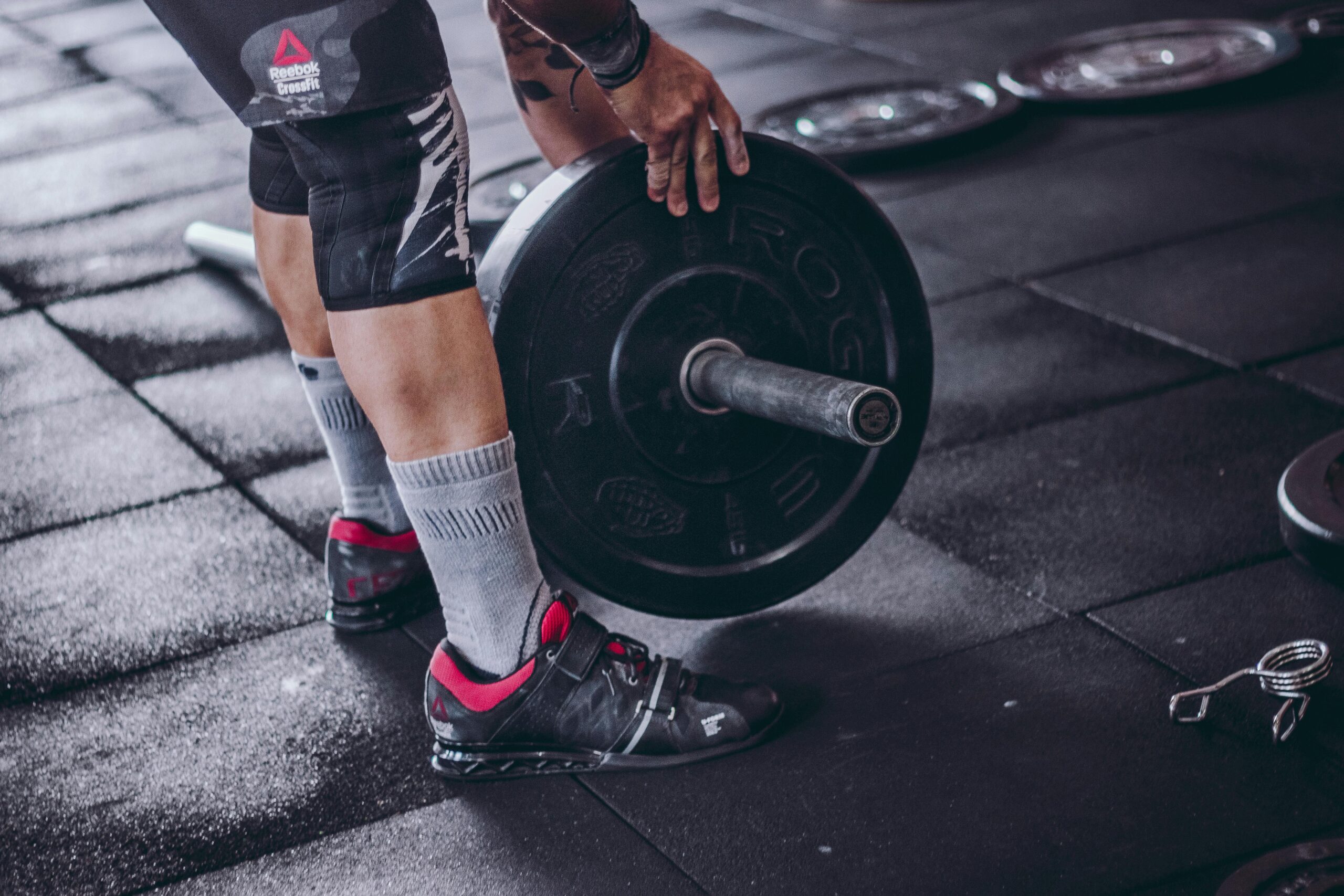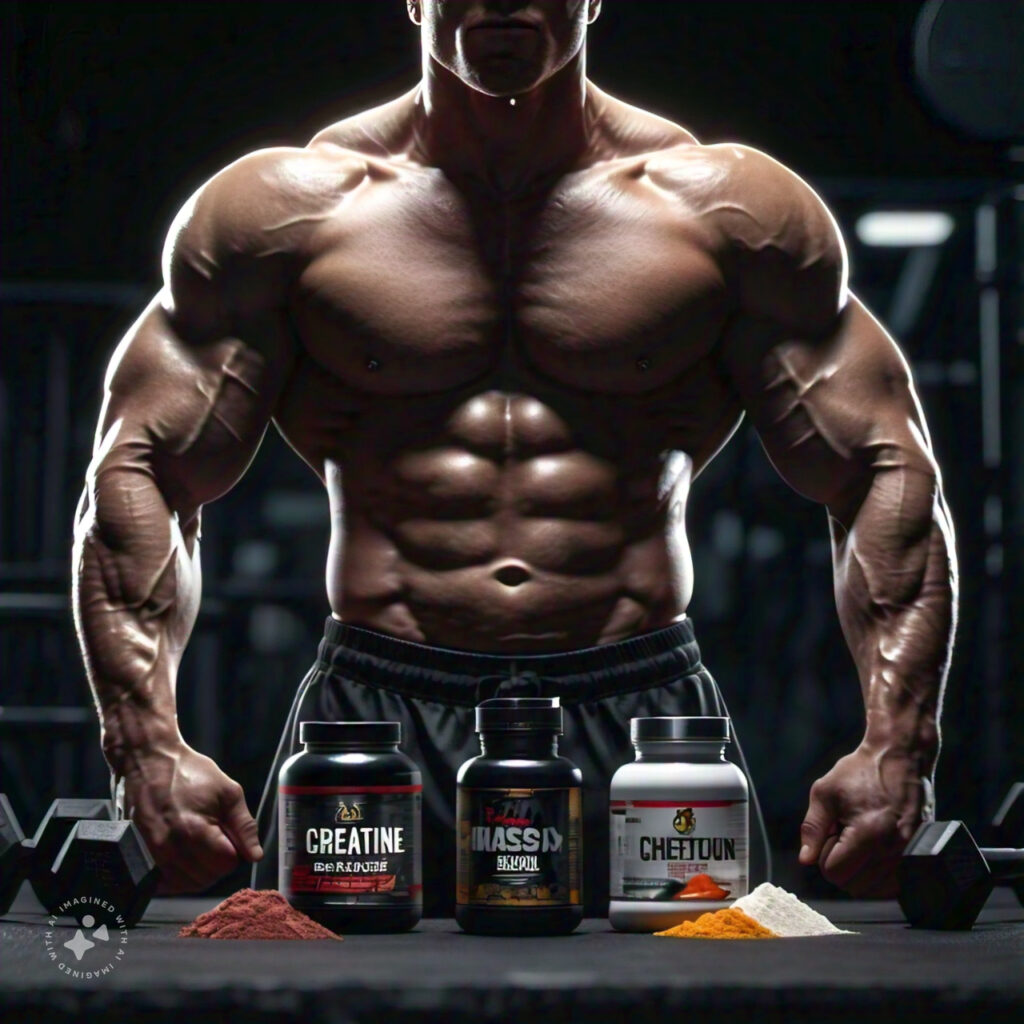

Build Muscle Fast: How to Master Protein and Nutrition for Peak Results
In the pursuit of building muscle, few factors are as important as protein intake and overall nutrition. Protein is the primary building block for muscles, playing a crucial role in muscle repair and growth. The right nutrition plan enhances workout performance, supports faster recovery, and ultimately speeds up the muscle-building process. However, understanding how to effectively incorporate protein, balance macronutrients, and optimize timing can be challenging. This guide will break down essential principles for leveraging protein and nutrition to help you maximize muscle growth and achieve faster, sustainable results.
Understanding Protein Needs for Muscle Growth
Protein intake is foundational for muscle gain, as it helps repair damaged muscle fibers post-workout and supports the growth of new, stronger muscle tissue. Protein needs vary depending on factors like body weight, activity level, and training intensity.
Daily Protein Requirements Based on Weight and Activity Level
Most experts recommend 1.2 to 2 grams of protein per kilogram of body weight for individuals engaged in muscle-building activities. Here’s a breakdown:
- Beginners (just starting out or with low to moderate activity): 1.2-1.6 grams per kg of body weight. Beginners need sufficient protein to repair muscles post-workout and support adaptation to training stress.
- Intermediate (moderate to intense regular training): 1.6-2 grams per kg of body weight. As muscle mass increases, protein needs rise to facilitate growth and reduce muscle breakdown.
- Advanced Athletes (high intensity or competitive level): 2 grams or more per kg of body weight. Advanced athletes in demanding programs may need increased protein to optimize recovery and prevent muscle degradation.
The timing of protein intake is also critical, especially post-workout when muscles are most receptive to protein for repair and synthesis.
Want Better Workout Results? Start with These Recovery Essentials
Best High-Protein Foods for Muscle Gain

Building muscle doesn’t require just any protein; high-quality, lean protein sources are the best choice. High-protein foods provide essential amino acids, especially the branched-chain amino acids (BCAAs) that are directly involved in muscle repair.
Top Sources of Lean Protein
- Chicken Breast: A staple for bodybuilders, packed with approximately 25 grams of protein per 3-ounce serving.
- Fish: Especially salmon, which is high in protein and provides beneficial omega-3 fatty acids, supporting inflammation reduction and recovery.
- Eggs: One of the most bioavailable sources of protein, with around 6 grams per egg, plus essential fats and vitamins.
- Beans and Lentils: A high-protein, high-fiber option that’s also packed with iron and folate, ideal for plant-based diets.
- Greek Yogurt: Contains roughly 10 grams of protein per 100-gram serving and can double as a snack or a post-workout meal.
Plant-Based Protein Sources for Vegetarians and Vegans
- Quinoa: Known as a “complete protein,” it provides all nine essential amino acids.
- Tofu and Tempeh: High in protein and calcium, supporting both muscle and bone health.
- Chickpeas and Lentils: Rich in protein and fiber, they offer slow-digesting carbohydrates as well, making them ideal for long-lasting energy.
Diversifying protein sources, particularly with lean meats and nutrient-dense plant-based proteins, helps to ensure an adequate supply of amino acids essential for muscle repair and growth.
Protein Timing and Muscle Synthesis
Optimal protein timing can significantly influence muscle recovery and growth. Consuming protein at specific times helps maximize muscle protein synthesis (MPS), which is essential for muscle repair and growth.
Benefits of Post-Workout Protein Intake
After a workout, the body is in a heightened state of muscle protein breakdown. A protein-rich snack or meal within 30-60 minutes post-workout stimulates MPS, promoting muscle repair and helping to offset muscle breakdown. A 20-30 gram dose of protein post-workout is generally effective.
Pre-Workout and Evening Protein Timing
- Pre-Workout: Having a small, balanced meal with protein about 1-2 hours before training can sustain energy levels and prevent muscle catabolism (breakdown).
- Evening Protein: Studies indicate that consuming protein before sleep can support muscle recovery overnight. Casein, a slow-digesting protein found in dairy, is ideal as it releases amino acids gradually, aiding muscle repair while you sleep.
By aligning protein intake with workout timing, muscle recovery and growth can be enhanced, ultimately supporting faster gains.
Supplements to Consider for Muscle Gain

Supplements can be helpful, especially when meeting protein goals through whole foods is challenging. Popular supplements for muscle growth include:
- Whey Protein: A fast-digesting, high-quality protein ideal for post-workout recovery. It’s packed with essential amino acids, especially leucine, which is crucial for muscle synthesis.
- Casein Protein: This slow-digesting protein is best consumed at night, providing a steady supply of amino acids for overnight recovery.
- BCAAs (Branched-Chain Amino Acids): Useful during workouts to reduce muscle breakdown, particularly during prolonged exercise.
- Creatine: Well-researched and shown to enhance strength, muscle mass, and exercise performance. Creatine works by increasing energy available to muscles, allowing for improved endurance during intense training.
While supplements can boost protein intake, they are not a substitute for a well-rounded diet. It’s best to rely on whole food sources of protein and use supplements as an additional tool.
Looking for the best gym in Abuja for your fitness goals? Here is a comprehensive list for you
Macronutrient Ratios for Building Muscle
While protein is essential, carbs and fats also play key roles in muscle-building nutrition. Carbs replenish glycogen stores (fuel for muscle activity), and healthy fats support hormone production, which is important for muscle growth.
Sample Macronutrient Ratios
For muscle gain, aim for the following daily ratios:
- Protein: 20-30% of daily intake to support repair and growth.
- Carbohydrates: 40-50% to replenish glycogen and fuel intense workouts.
- Fats: 20-30% to support hormone function and overall health.
Sample Meal Plan for Muscle Growth
- Breakfast: Scrambled eggs with spinach and whole-grain toast.
- Lunch: Grilled chicken breast with quinoa and mixed vegetables.
- Snack: Greek yogurt with a handful of almonds.
- Dinner: Baked salmon, brown rice, and roasted vegetables.
Eating balanced meals that align with these macronutrient ratios provides the nutrients your body needs to build muscle and recover effectively.
Hydration and Recovery for Muscle Health
Water plays a critical role in muscle function, nutrient absorption, and waste removal. Muscles are around 75% water, and dehydration can impair muscle contractions and lead to fatigue.
Daily Hydration Guidelines
The National Academy of Medicine recommends around 3.7 liters per day for men and 2.7 liters per day for women as a baseline. For athletes and those engaging in intense workouts, adding electrolytes can help replenish sodium, potassium, and magnesium lost in sweat.
Maintaining hydration levels is crucial for recovery and optimal muscle performance, ensuring you can train harder and recover faster.
Common Nutrition Mistakes to Avoid
- Skipping Meals: Skipping meals can lead to low energy levels, reduced performance, and muscle breakdown.
- Focusing Only on Protein: While protein is essential, carbs and fats are equally important for supporting energy needs and hormone production.
- Over-Relying on Supplements: Supplements are useful but shouldn’t replace real food. Whole food sources provide a broader range of nutrients that support overall health.
Frequently Asked Questions
1. How much protein is too much?
While higher protein intake isn’t harmful in healthy individuals, excess protein doesn’t lead to extra muscle gains. Stick to 1.2-2 grams per kilogram of body weight based on activity level for optimal results.
2. Do I need protein supplements?
Not necessarily. Supplements are convenient for meeting protein goals but aren’t required if you can get enough protein from whole foods.
3. How often should I eat to build muscle?
Eating every 3-4 hours can help maintain a steady supply of amino acids for muscle repair. However, meal frequency ultimately depends on personal preference and lifestyle.
Conclusion: Fueling Gains with Protein and Nutrition
Achieving muscle growth requires more than just lifting weights—it’s about optimizing nutrition to support the demands of intense training. By meeting daily protein needs, timing intake to maximize muscle synthesis, balancing carbs and fats, and staying hydrated, you can enhance recovery and maximize results. Avoid common pitfalls like over-relying on supplements or ignoring other macronutrients, and focus on a well-rounded diet to support your goals. With these strategies, you’ll be well-equipped to fuel muscle gains effectively and sustainably.
